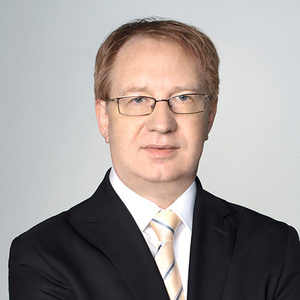Backed by the conservative Law and Justice Party (PiS), Karol Nawrocki narrowly won Poland’s presidential runoff election with 50.89% of the vote. His centrist challenger, Rafał Trzaskowski, the candidate of the governing coalition, received 49.11%. Voter turnout reached an impressive 71.63%.
Although the Polish presidency is largely ceremonial, the president retains the power to veto legislation - a tool that could significantly influence political processes in the years ahead.
The extremely close result reflects a deeply polarized society. Populist tendencies on both ends of the political spectrum are likely to intensify. However, Poland’s political balance is expected to remain largely unchanged until the next parliamentary elections in 2027.
Despite political tensions, the Polish economy continues to grow dynamically. With a GDP increase of 2.9% last year, Poland outpaced the United States (2.8%) and the major European economies: Germany (-0.2%), France (1.1%), and the United Kingdom (1.1%).
Major rating agencies have maintained a stable outlook for the country following the election. The Polish złoty (PLN) responded only mildly to the results. In the short to medium term, growth is expected to be driven by private consumption — supported by savings and rising real incomes — and by public investment financed through domestic and EU funds.
European Commission President Ursula von der Leyen expressed confidence in the continuation of strong cooperation with Poland. However, the EU still faces the difficult decision of whether to continue disbursing funds under the rule-of-law mechanism to a government that has promised reforms but has yet to implement them.
International reactions were swift: Donald Trump and U.S. Secretary of State Marco Rubio congratulated Nawrocki, with Rubio highlighting Poland’s role as a reliable NATO ally focused on strengthening its military and securing its borders.
While Nawrocki remains supportive of Ukraine in its defense against Russia, he takes a more critical stance toward President Zelenskyy and opposes NATO membership for Ukraine — marking a shift from current Polish policy.
 Janusz Tunkiewicz, Managing Director of InterGest Polska, summarizes the situation:
Janusz Tunkiewicz, Managing Director of InterGest Polska, summarizes the situation:
“Poland’s political situation is expected to remain stable until 2027, and the country’s economic outlook remains positive despite global challenges. At InterGest Polska, we’ve been guiding companies through every kind of change since 1997 — and even now, we see promising opportunities for sustainable growth.”





